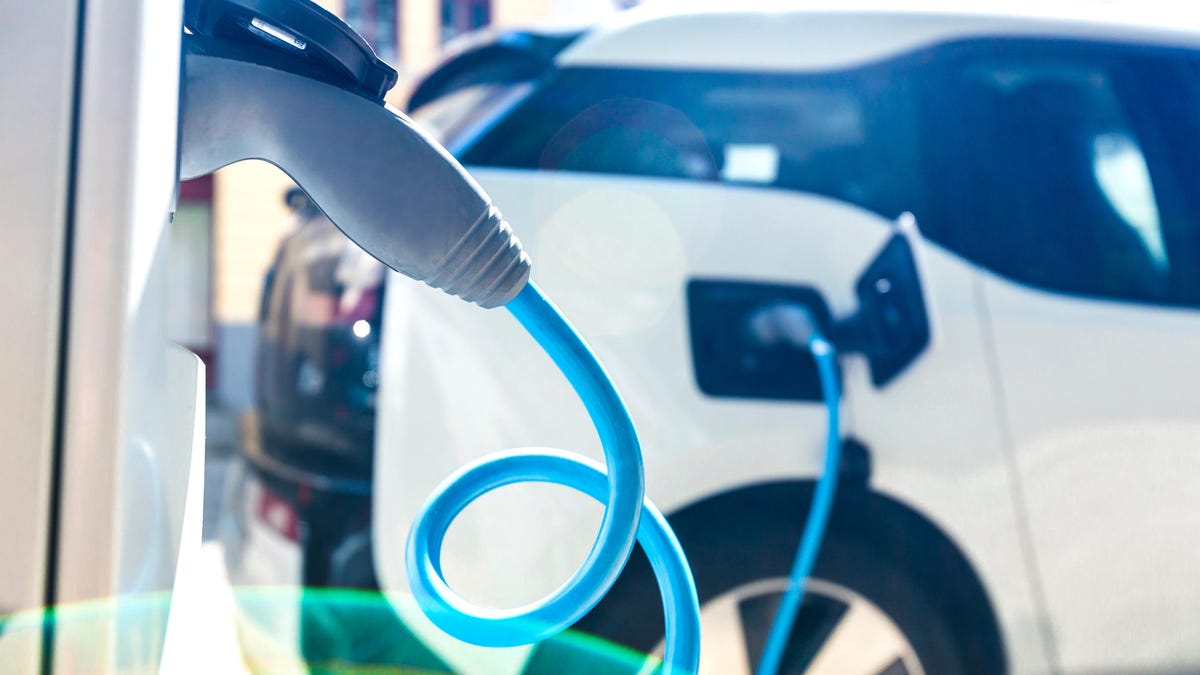BMW, Ford, Honda and VW sign greenhouse gas pact with California
This landmark fuel economy and emissions deal is likely to irk the Trump Administration.
BMW, Ford, Honda and Volkswagen have hashed out terms with the state of California on a new fuel economy and emissions agreement. The pact closely mirrors clean car standards put in place by the US Environmental Protection Agency under the Obama administration. The greenhouse gas deal, which affects new vehicle sales through 2026, is being viewed as a rebuke of the Trump administration's planned emissions and fuel economy rollbacks for the auto industry.
In an joint statement released Thursday in coordination with the California Air Resources Board, the automakers said, "These terms will provide our companies much-needed regulatory certainty by allowing us to meet both federal and state requirements with a single national fleet, avoiding a patchwork of regulations while continuing to ensure meaningful greenhouse gas emissions reductions."
President Trump and the EPA have been working to undo California's policy of setting its own emissions and fuel economy standards, a practice set in motion by the 1970 Clean Air Act. The White House argues that national standards effectively preempt individual states from setting their own regulations.
To date, a dozen states have adopted California's current emissions standards.
As part of the voluntary deal, these four major automakers have agreed to lift the average fuel economy of their individual new cars to almost 50 miles per gallon by 2026. The plan calls for a 3.7% increase annually beginning with the 2022 model year, with 1% of that targeted rise being coverable by credits for electric, plug-in hybrid and fuel-cell vehicles. While so far only four automakers have signed on to this pact, the deal is open for others to join. Further, BMW, Ford, Honda and VW comprise about 30% of worldwide auto sales.
The newly announced standards are actually somewhat less ambitious than the rules put forth under the Obama administration, which called for hitting 50-plus MPG by the 2025 model year.
Back in August of 2018, the EPA and the National Highway Traffic Safety Administration announced a plan to keep the automaker efficiency standards at a fleet average of 37 mpg -- 2020 levels. The rationale, in part, was that continued investment in more efficient technologies will push new vehicle prices out of reach of many consumers, keeping more motorists in older, dirtier and unsafer vehicles. The plan was criticized by automakers for its lack of flexibility and an August 2018 survey found that the White House's proposed rollbacks would be unpopular with consumers.


